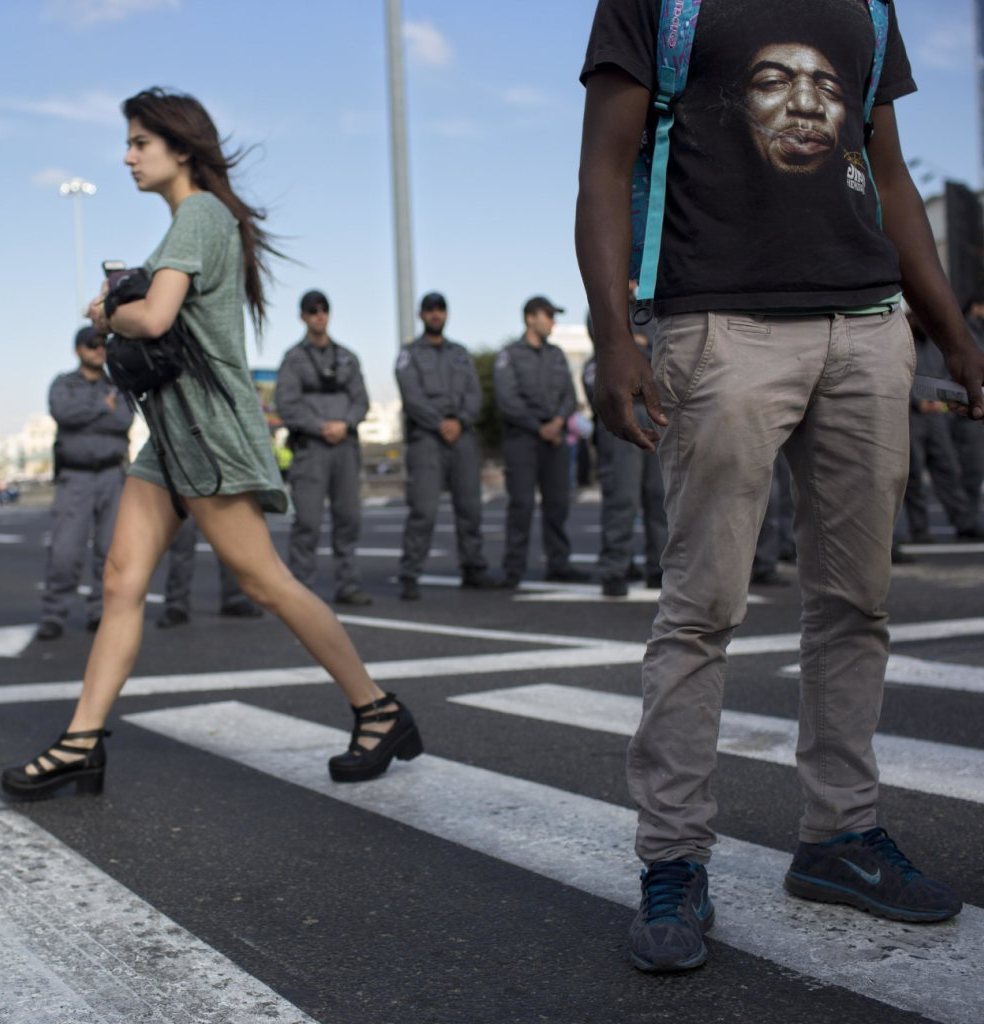Protests highlight troubles of Ethiopian Jews in Israel
When Israel secretly airlifted waves of Ethiopian Jews in the 1980s and 1990s, saving them from war and famine in the Horn of Africa, it was celebrated as a triumphant show of unity for the Jewish people.Thirty years after the first large groups of Ethiopians arrived, few in the community are celebrating. Israel’s black Jewish minority is plagued by poverty, crime and unemployment, and their brewing frustrations over racism and lack of opportunity have boiled over into an unprecedented outburst of violent anti-police protests. The unrest has laid bare the struggles of absorption and the rocky attempts of the state to integrate them into a society for which they were ill-prepared.
[This] exposed an open, bleeding wound in the heart of Israeli society. We must look directly at this open wound. We have erred. We did not look, and we did not listen enough.
President Reuven Rivlin
On Sunday, protesters shut down a major highway in Tel Aviv, hurled stones and bottles at police and overturned a squad car. They were dispersed with tear gas, water cannons and stun grenades. More than 60 people were injured and 40 arrested in the second such protest in recent days, and demonstrations are expected to continue. The unrest followed video that emerged last week of an Ethiopian Israeli soldier being beaten by police in what appeared to be an unprovoked attack.
The next stage of this battle should be civil disobedience. We should stop enlisting in the army, not join the police, and stop paying taxes, because if the state doesn’t take its citizens into account, the citizens are also permitted not to take the state into account.
Shlomo Molla, a former lawmaker of Ethiopian origin

Middle East